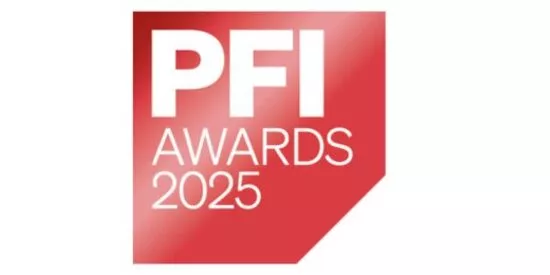
Bonds
What is a bond?
A bond is a security representing a debt. Bonds are securities used by governments, non-financial or financial companies to borrow on the financial markets. For the bond issuer, a bond is a form of borrowing. For the bond investor, it is a form of lending.
Difference between credit and securitized debt
Credit | Securitized debt |
One lender in the case of bilateral credit, or a few lenders if it is a syndicated credit | Several lenders |
Rate is fixed by the bank | Rate is fixed by the market |
Little or no liquidity | Liquid secondary market |
The main characteristics
- The amount: a standard issue is around €500M
- The duration
- The interest, or coupon, rate
- The interest payment terms
- The terms of capital repayment
- The level of counterparty risk (rating)
- The price
- The rate of return
Role of the bank
The role of the bank during a bond issue is to:
- advise the client on the type of issue (duration, fixed or variable rate, type of bond, which currency, etc.);
- inform them about the state of the market and the level of investor appetite for their bonds;
- advise them whether or not to seek a credit rating for the issue.
It is the DCM (Debt Capital Markets) departments of the banks that help clients issue debt securities on the markets.
Our latest news and insights

"I Learn, Therefore I Evolve": Rethinking Human Learning in the Age of AI (ft. Dr. Barbara Oakley)
What if our biggest edge in an AI world isn’t more data—but better learning
What if our biggest edge in an AI world isn’t more data—but better learning
Podcasts
What if our biggest edge in an AI world isn’t more data—but better learning
"I Learn, Therefore I Evolve": Rethinking Human Learning in the Age of AI (ft. Dr. Barbara Oakley)
Societe Generale named "Americas Bank of the Year" by PFI
Societe Generale has demonstrated its leadership in project and infrastructure finance, earning several recognitions...
Societe Generale has demonstrated its leadership in project and infrastructure finance, earning several recognitions...
Awards & Rankings
Societe Generale has demonstrated its leadership in project and infrastructure finance, earning several recognitions from Project Finance International.
Societe Generale named "Americas Bank of the Year" by PFI
Structured Products in 2026: Redefining Control in Uncertain Markets
Structured products are resurging as higher interest rates and better digital tools make capital‑protected and clearly...
Structured products are resurging as higher interest rates and better digital tools make capital‑protected and clearly...
Expert views
Structured products are resurging as higher interest rates and better digital tools make capital‑protected and clearly defined investment solutions more attractive and accessible for investors seeking stability in uncertain markets.
Structured Products in 2026: Redefining Control in Uncertain Markets
More results
google link